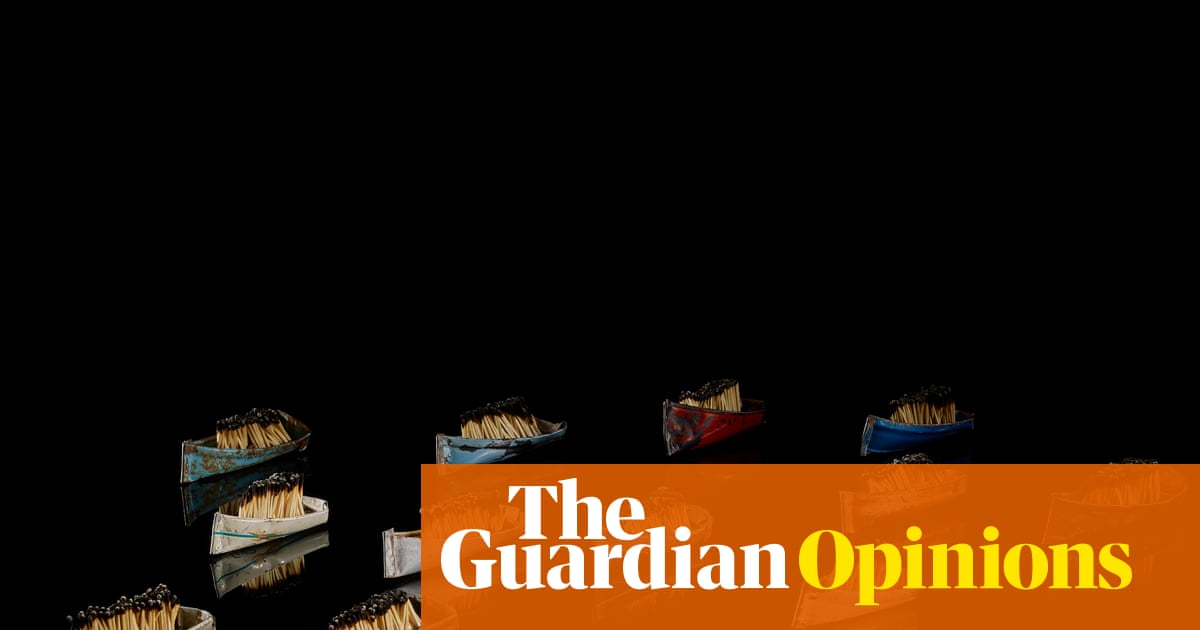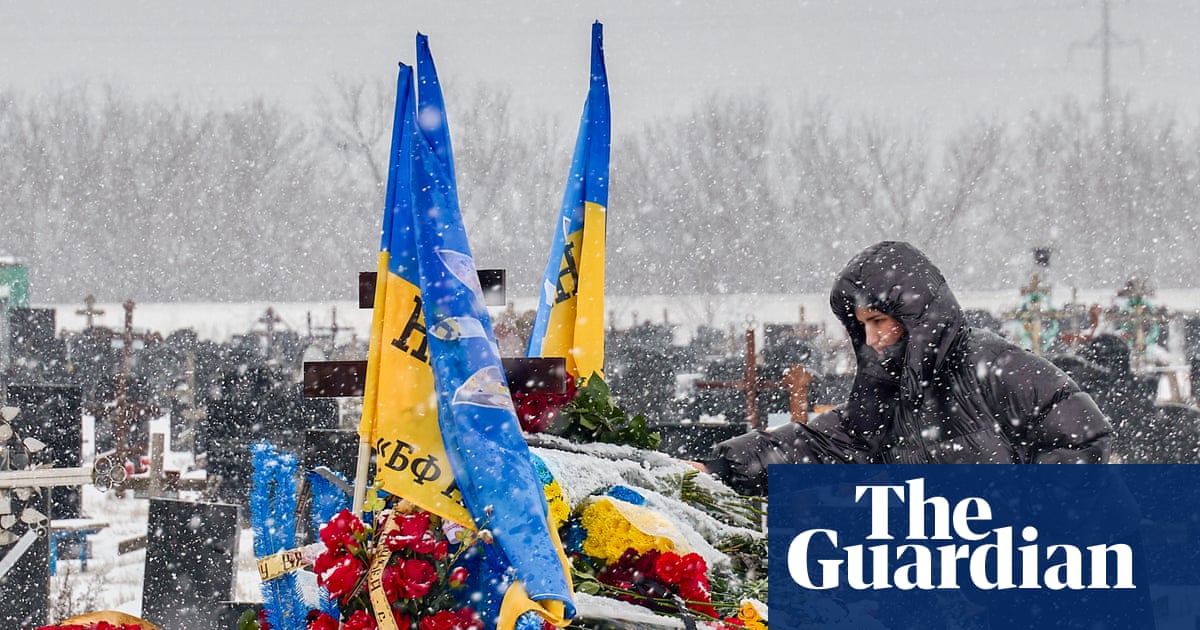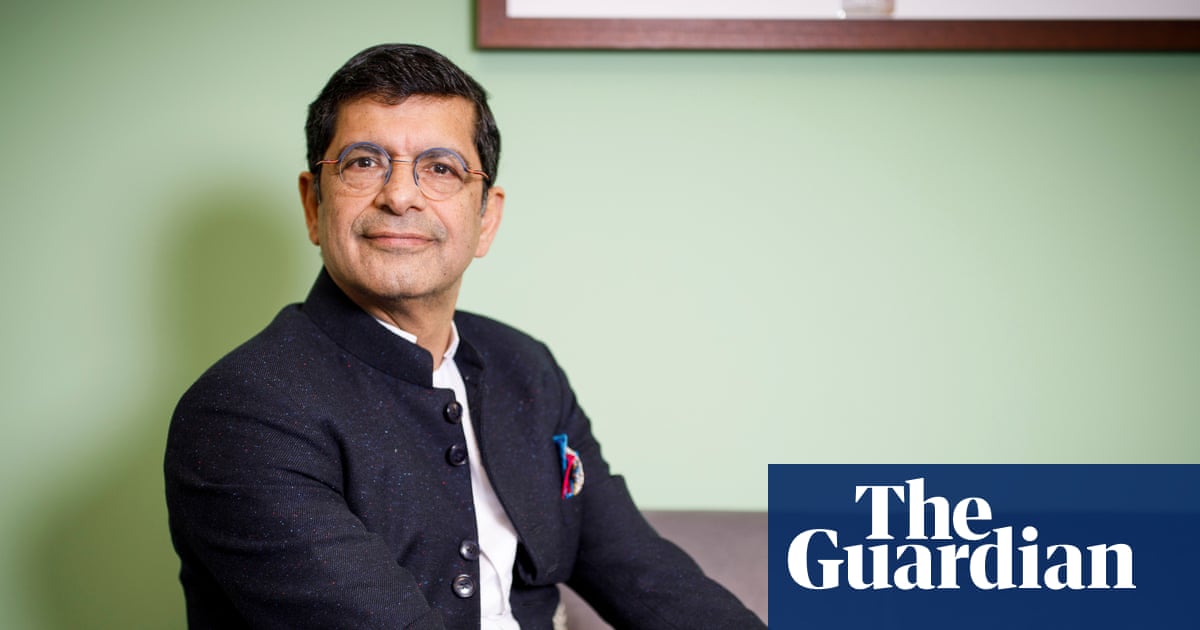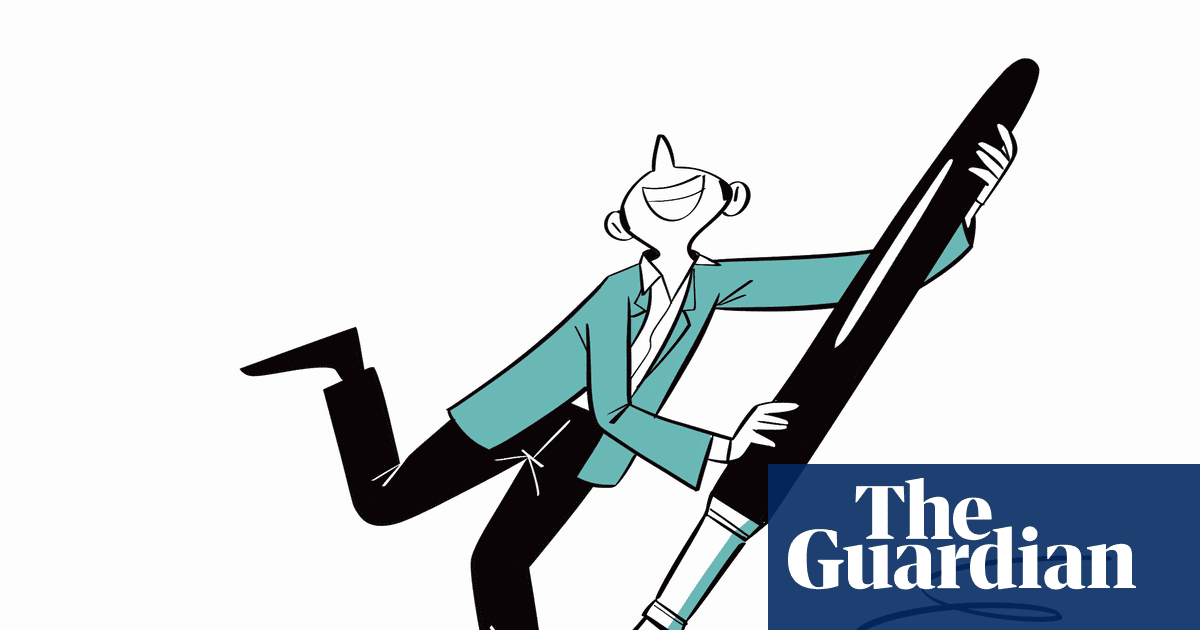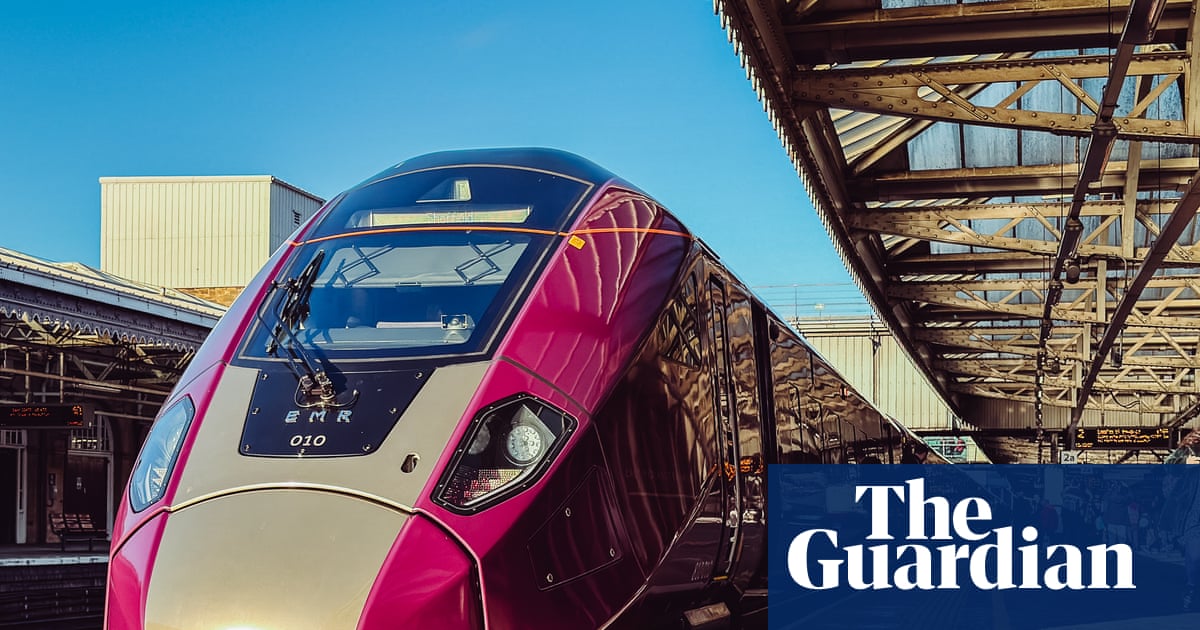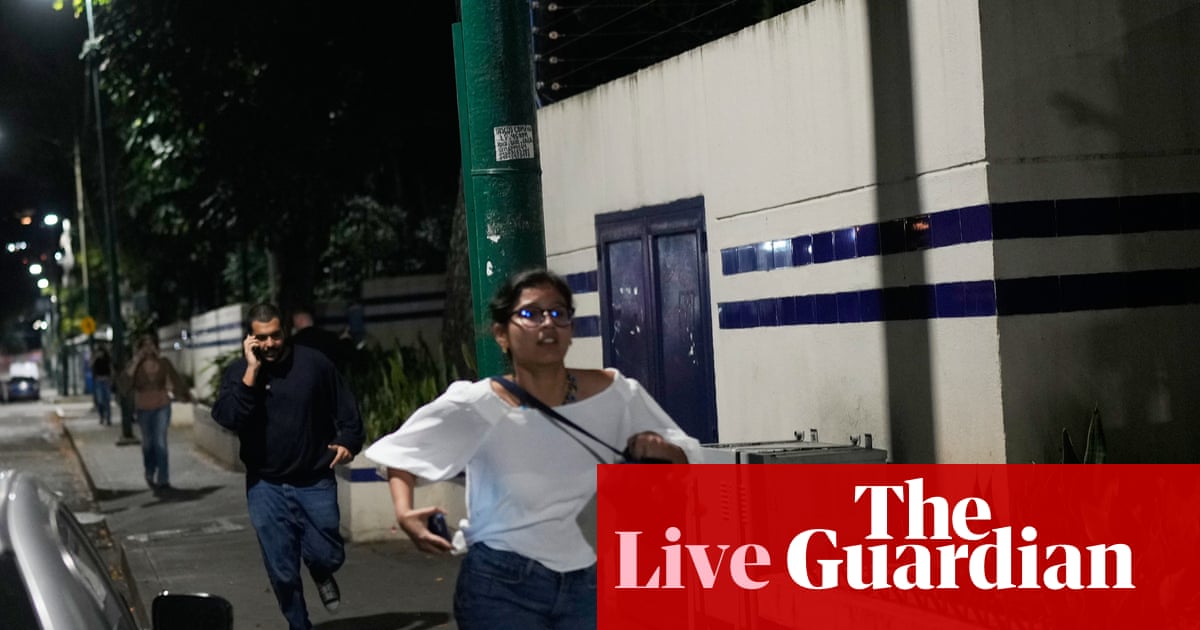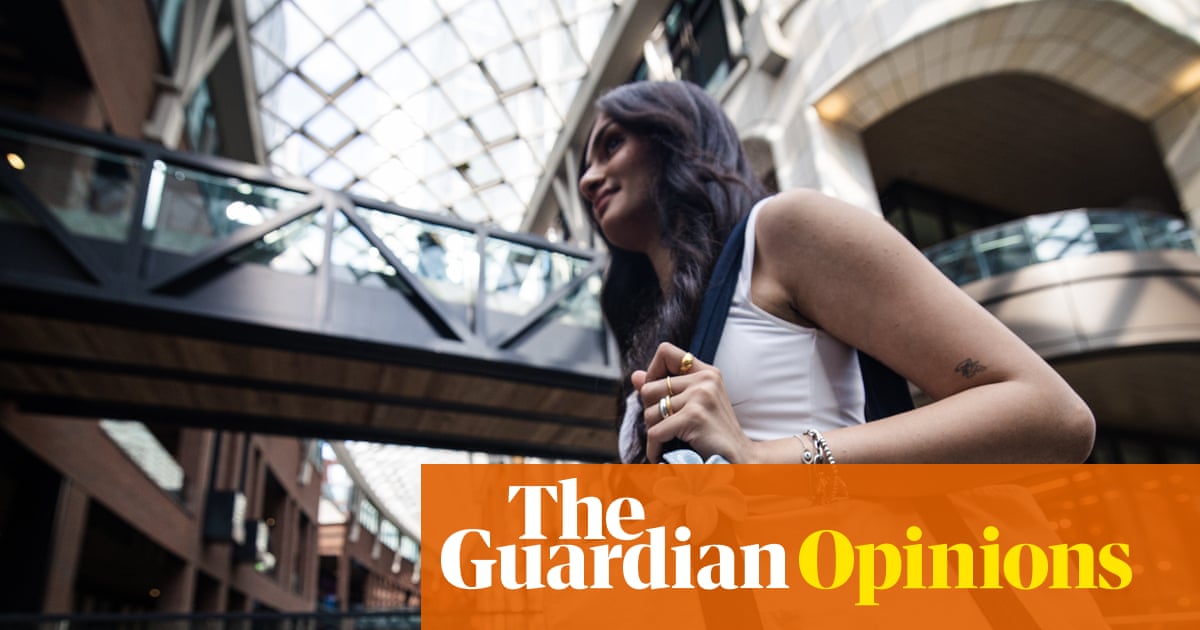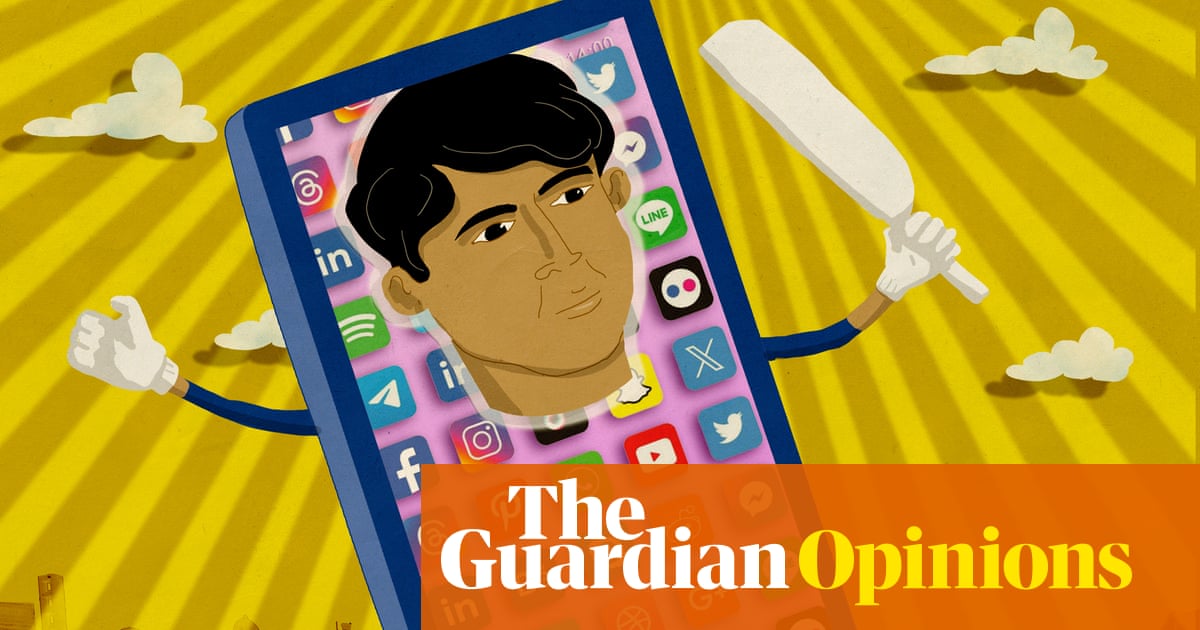Prisoners in Cuba are forced to work producing the country’s world-famous cigars and marabu charcoal sold to European consumers, according to a new report.
The Madrid-based NGO Prisoners Defenders estimates that at least 60,000 people are being forced to work with little or no pay, under threats, in exhausting conditions and without adequate equipment, with reports of violence including the sexual abuse of female detainees.
The report released on Monday attributes responsibility directly to the Cuban government, describing a “national and institutionalised system of forced labour” across the island, with economic aims tied to export.
The Cuban government did not respond to the Guardian’s requests for comment.
The products reach consumers mainly in the European markets, including the UK in the case of cigars. The charcoal is shipped chiefly to Spain, Portugal, Italy, Greece and Turkey and labelled as “ecological” but is “produced in a state of absolute modern slavery”, the report said.
The investigation began after the UN special rapporteur on slavery, Tomoya Obokata, presented a report on forced labour by prisoners to the UN Human Rights Council in 2024, and Prisoners Defenders volunteered to investigate the issue in Cuba.
Between April and August 2025, interviews were conducted with 53 individuals from 40 prisons, selected through a random sample drawn from a total population of about 90,000 inmates and 37,000 in open-regime detention.
Speaking to the prisoners or their families, the NGO carried out a 61-question survey; to avoid reprisals, all remain anonymous in the report.
The NGO said it carried out a further 60 interviews and cross-checked them with documentary sources, resulting in an estimate that at least 60,000 people are being subjected to forced labour in Cuban prisons.
All of the respondents said they were forced to work “under coercion, threats, violence or reprisals”, 98% without the necessary tools, education or training, and 45% said they “suffered physical violence during work”.
A former inmate interviewed by the Guardian on condition of anonymity said that if a prisoner refused to work, “they put a note in your file. When it’s time for parole or when you might get a visit with your family, they use this as justification to strip you of your rights.”
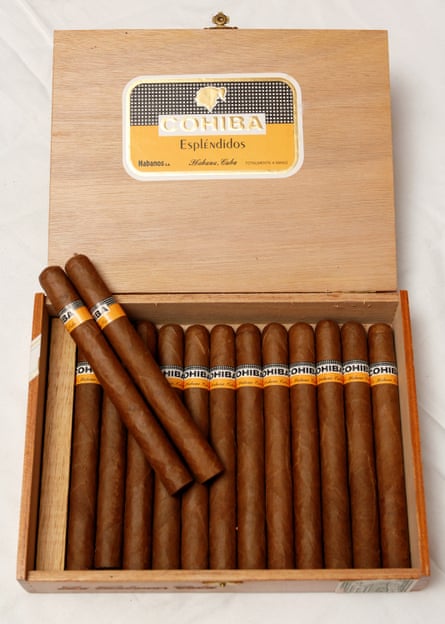
At the Quivicán maximum security prison, also known as Aguacate, at least 40 inmates reportedly have a daily production target of 60 hand-rolled Habanos cigars – but the quota is reportedly only counted if it meets “export quality standards”.
The report says it confirmed cigar production in at least seven prisons, involving the forced labour of 505 inmates and yielding 11,671,560 cigars a year, equivalent to about 7.5% of Cuba’s total annual national production.
It was not possible to determine, however, what percentage of cigars or marabu charcoal exported by Cuba comes from forced labour.
The president of Prisoners Defenders, Javier Larrondo, said it was difficult to know under which brands the goods reached consumers because they were produced unbranded by inmates.
But the NGO states in the report that the production was “destined for export to the global market”, including the UK, and covers “all the best-known and most revered [cigar] brands, such as [the Habanos] flagship brand Cohiba, which Fidel Castro smoked”.
The Guardian contacted Corporación Habanos SA – a joint venture 50% controlled by the Cuban government and 50% by foreign investors, which oversees all Cuban cigar exports – but received no reply.
Of the 53 people interviewed for the report, eight were women: two said they had suffered sexual harassment from officers, and one reported being raped by another prisoner without being offered medical or psychological care by the prison.
The report also states that afro-Cubans – who make up about 34% of the general population but 58% of those incarcerated in the country – were “disproportionately affected”, a point mentioned by a Black former inmate interviewed by the Guardian.
“Most of those sent to forced labour are Black; white prisoners are employed in cleaning military offices and cars – in other words, easier tasks – in canteens, food stores, kitchens, and so on. Racism and racial discrimination are rife in prison,” he said.
The NGO said it had submitted the report to the governments and parliaments of all countries where these products are consumed, as well as to the UN and the Inter-American Commission on Human Rights.
Prisoners Defenders says the Cuban government “must be held internationally accountable for these crimes”, calling for the prison system to be opened to independent international missions and for a ban on the trade of products derived from forced labour.
“Cuban prisons are not rehabilitation centres, but spaces of punishment, control and exploitation. And their structural transformation is a debt owed to human dignity,” the report states.

 3 months ago
90
3 months ago
90


